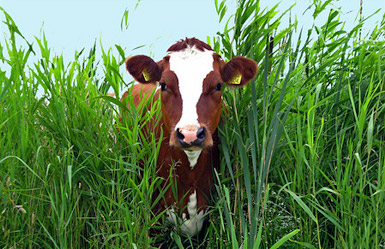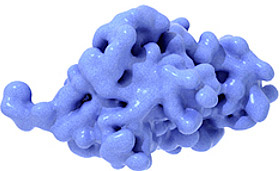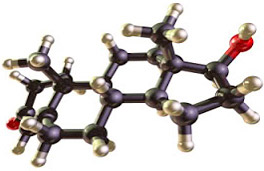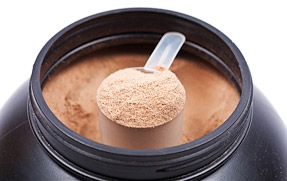IS ORGANIC GRASS FED WHEY PROTEIN POWDER WORTH IT?

Whey protein has been a staple in bodybuilding and fitness diets for decades due to its extremely high bio-availability, strong amino acid profile, health boosting benefits and overall convenience.
With “all natural” diet trends taking off like wildfire these days, companies now offer “organic grass fed whey protein powder” as a supposedly healthier alternative to standard whey.
Because this whey protein is derived from cows on a natural grass fed diet, the idea is that the resulting product will be free of growth hormones, harmful antibiotics and steroid hormones such as testosterone.
But is organic grass fed whey protein powder superior to regular whey? Is there a significant difference in GH/ antibiotic/steroid hormone content between the two?
Let’s take a quick look…
Growth Hormone Content Of Non-Grass Fed Whey

Milk (which is where whey is derived from) does contain a very small amount of a growth hormone known as BST. However, this is a naturally occurring growth hormone found in cows in the same way that humans produce their own natural growth hormone.
Not only that, but there is no significant difference in BST content between milk from cows treated with exogenous BST and those that are “all natural”. The amount found is equal to roughly one one-millionth of a gram per liter, which is so small that it isn’t even worth mentioning.
Not only that, but BST is an extremely delicate compound and this amount will easily be destroyed during the process of digestion anyway.
Antibiotic Content Of Non-Grass Fed Whey

As long as you’re sticking with a reputable company, standard whey protein is already heavily tested for antibiotic residue.
A responsible company will carefully test the milk they are using, and if anything is found then the batch will simply be rejected.
Steroid Hormone Content Of Non-Grass Fed Whey

As with growth hormone, any amount of potential steroid hormones in your whey protein is so miniscule that it is virtually un-testable.
This is because steroid hormones would be found in the fat portion of the whey. A high grade whey protein will contain an extremely small amount of fat per serving, with pure whey isolates containing next to zero fat.
So again, we’d be dealing with an amount so tiny that it couldn’t be seen by the naked eye, nor could it likely even be detected. To switch to organic grass fed whey protein powder over a potential ultra-trace microscopic speck like this would be quite frankly ridiculous.
Organic Grass Fed Whey Protein Powder Verdict

If you’d like to use a grass fed whey protein product due to a specific lifestyle choice, that is completely up to you.
However, if you’re choosing grass fed whey because of a concern over antibiotic/hormone levels, the plain fact is that it just isn’t worth it.
High quality whey protein is not going to contain any antibiotics, and any potential amount of growth hormone (which is naturally occurring from the cow itself anyway) or steroid hormones are so ridiculously miniscule (we’re talking millionths of a gram) that worrying about it from a health perspective is a huge misuse of your time, effort and money.
Like a good portion of the “organic” market, grass fed whey protein is really nothing more than a marketing play.
If you do want to be on the safe side, just stick with a pure whey protein isolate (as opposed to concentrate) as it contains the absolute lowest possible amounts of these substances.
If you found this article helpful, make sure to sign up for your FREE custom fitness plan below...




